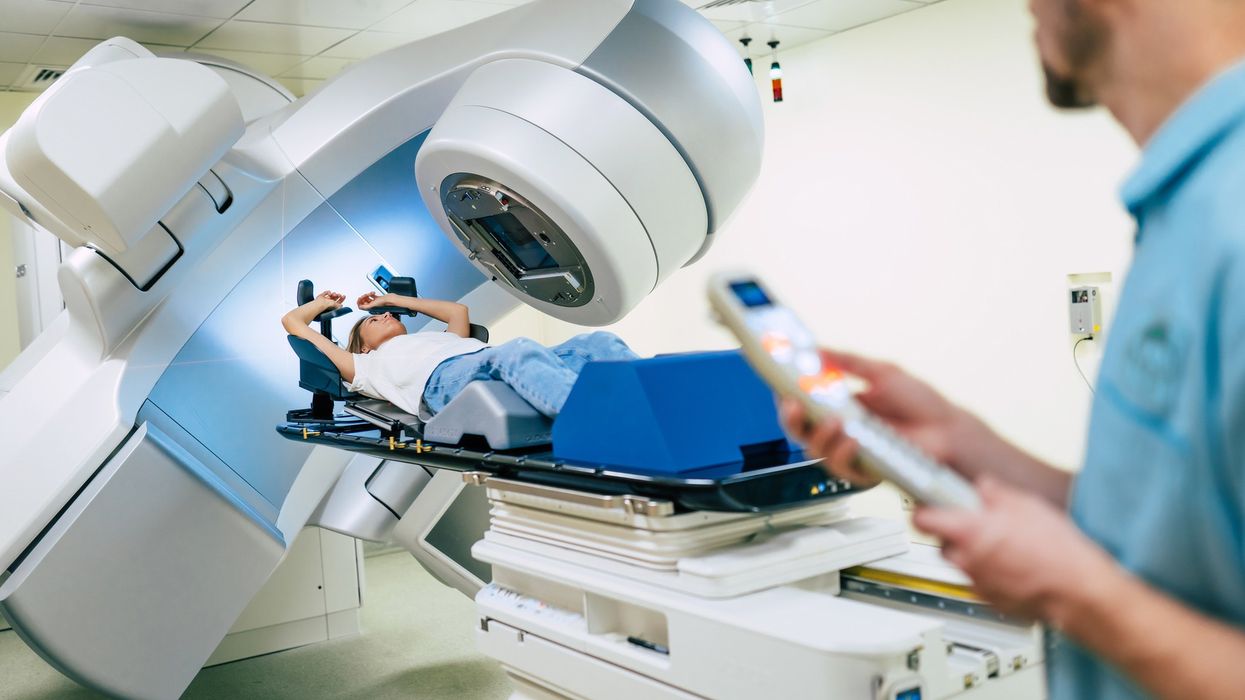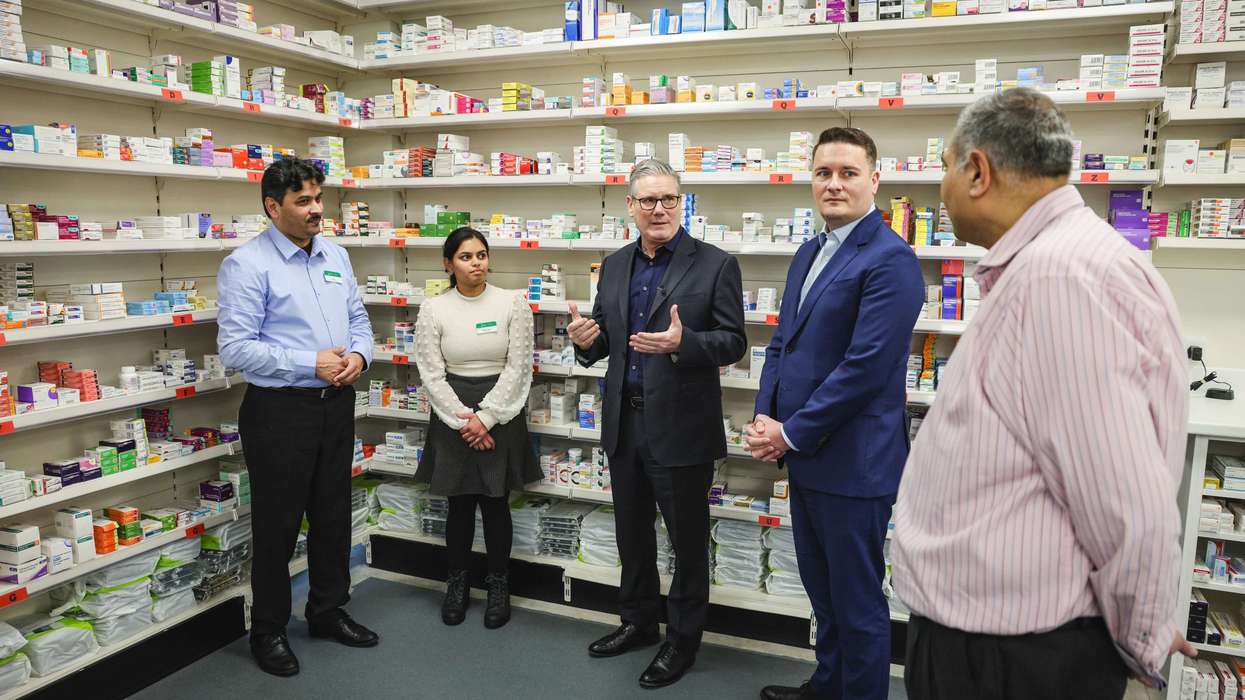NHS patients will soon benefit from the new non-invasive liver cancer treatment that destroys tumours without surgery or radiation.
Developed by US-based company HistoSonics, the device uses ultrasound to destroy tumours with minimal damage to surrounding organs.
The histotripsy machine provides ultrasound treatment in a single session that lasts around 30 minutes.
This ensures speedy recovery, shorter hospital stay, and better survival rates for patients.
This device will be first installed at Addenbrooke’s Hospital in Cambridge, following a donation from the Li Ka Shing Foundation.
Starmer government has fast-tracked the arrival of these devices to the UK shores, much before it could reach anywhere in Europe.
Health secretary Wes Streeting granted authorisation for early access to the device through the UK’s Innovative Devices Access Pathway programme.
Steering said his government has been removing red tape to help the NHS get early access to game-changing new treatments.
Cambridge University Hospitals chief executive Roland Sinker said histotripsy machines will help patients quickly return to their normal lives.
This will also reduce pressure on hospital beds and free up time for surgeons to treat more complex cases, he added.
Cambridge university vice-chancellor professor Deborah Prentice thanked the Li Ka Shing Foundation and said, "Cutting-edge technology such as this histotripsy machine allows Cambridge to remain at the forefront of understanding and treating cancer."












